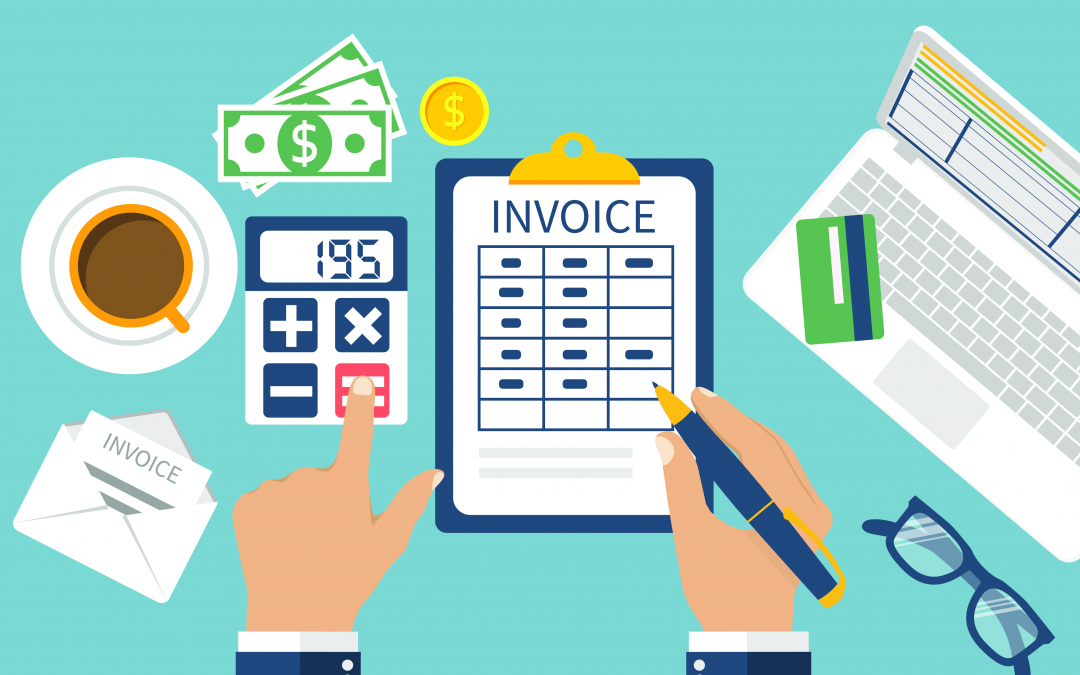Factoring is a financial concept where a company buys another company’s invoice or debt at interest. Factoring has taken center stage in many businesses in Ontario, Canada. Numerous companies have taken up the idea in order to finance and sustain their businesses. Company discounts their invoices or account receivables for the buyers to purchase and make profits once they settle the debt or pay off the invoice. Factoring in Ontario has managed to relieve debts and finance companies to continue selling their services and goods as the factor chases the invoice payment. When engaging in invoice factoring, it is vital to understand the costs and challenges associated with the process. These are discussed below.
Factoring Invoices Costs
The factoring of invoices comes with costs, which are depended on various factors. First, the costs of factoring invoices depend on the rate of factoring. The rate of factoring often lies between 0.5% and 5% of the total invoice every month. It is usually determined by the number of clients one has, the quality of the clients, the type and nature of the business, the business’s financial condition, and the creditworthiness of the invoice payers, among many others—also, the more invoices the company factors, the lesser the rates of factoring. The costs of factoring also depend on the length of service. A shorter-term of service will attract cheaper rates and fees because these rates are charged per month. Companies seeking to factor their invoices need to ensure their debtors pay up the invoices in the agreed deadline, or else they will end up paying more charges to the factor. Finally, factoring invoices may also attract additional fees that are outlined in the agreement. Most times, companies fail to pay attention to the contract or agreement and overlook the additional charges, which may come as a huge surprise to them.
Challenges Involving Invoice Factoring
While invoice factoring can be beneficial to many companies, there are distinct challenges bound to arise before, during, and after the process. First, when a company engages in invoice factoring, it gives up a portion of its profits. Yes, they receive cash in a harry to run the business, but it comes at the expense of their profits. Secondly, when one partakes in invoice factoring, their clients will know about it because of introducing a third party. This may send a picture that the company is struggling, leading to the loss of vital clients. Finally, clients that pay a company that has factored its invoice slowly may cost the company additional fees. Invoice factoring is, therefore, not a cozy ride as it may seem.
Therefore, before a company settles for invoice factoring in Ontario, they must investigate and understand the challenges and costs that come with it. Assessing these factors will help many companies make the right decision on whether to take or reject offers made from these factors. Invoice factoring is as challenging as it is essential.

 2018 ·
2018 ·
Leave a Reply